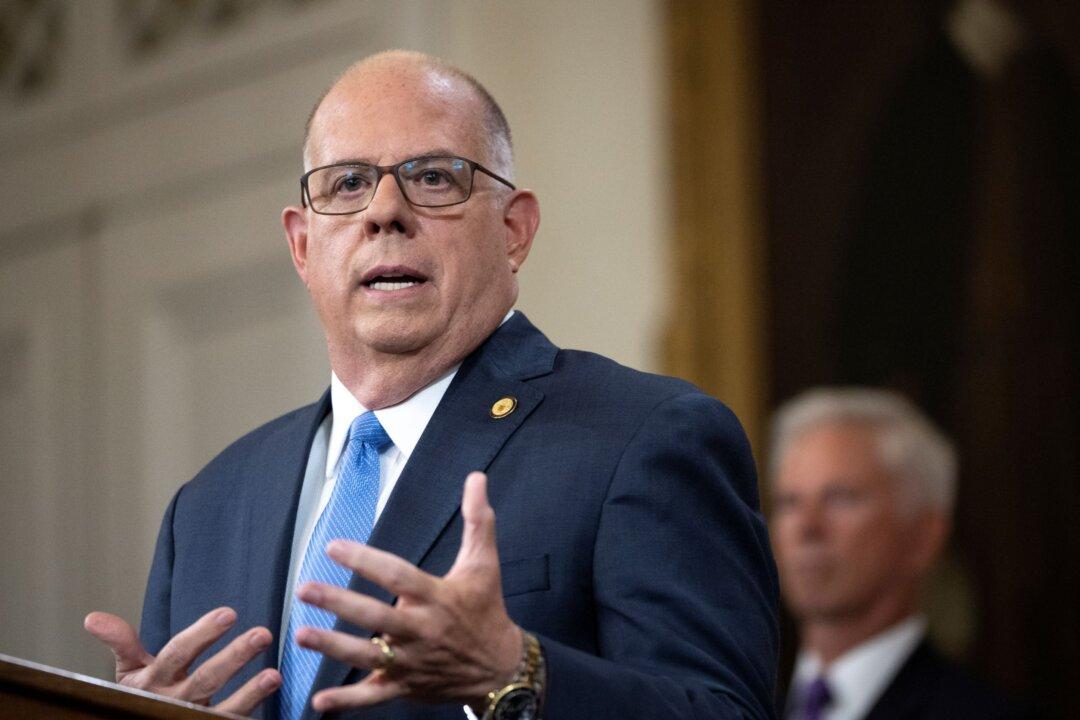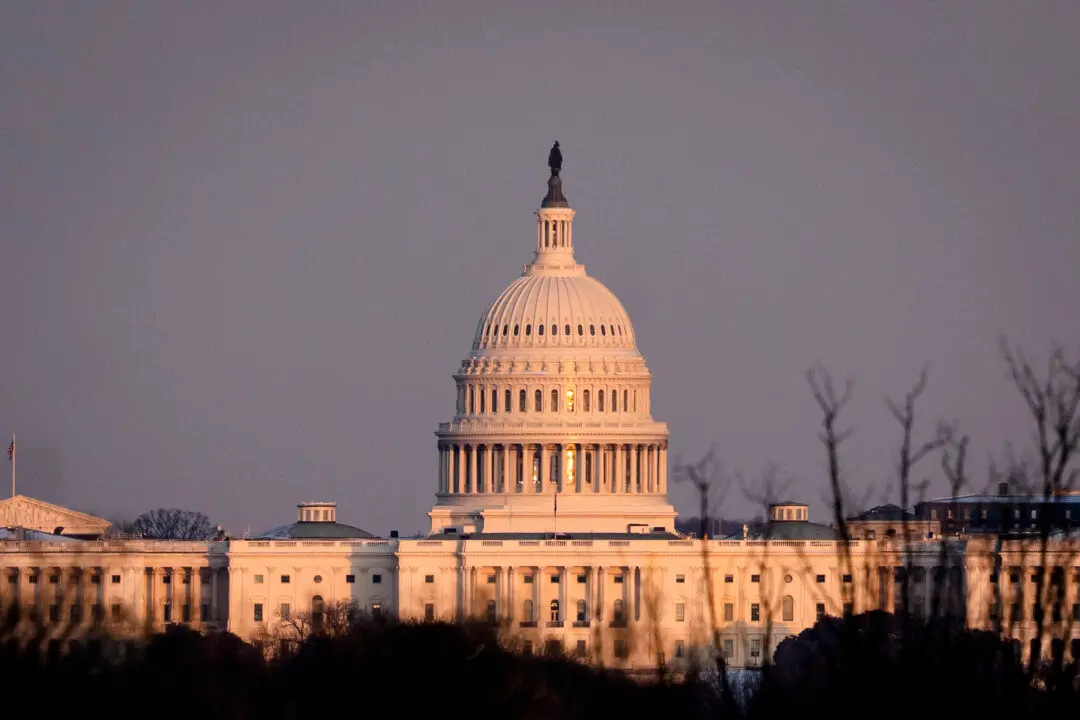Maryland Governor Larry Hogan, a moderate Republican, has announced that he will not run as a GOP challenger against Sen. Chris Van Hollen (D-Md.), dashing hopes that the seat could be flipped.
Because Hogan’s second term—the final term allowed to him under the Maryland state constitution—ends in 2023, and because of his significant popularity in the otherwise blue state, some Republicans saw a unique opportunity to flip the seat.





